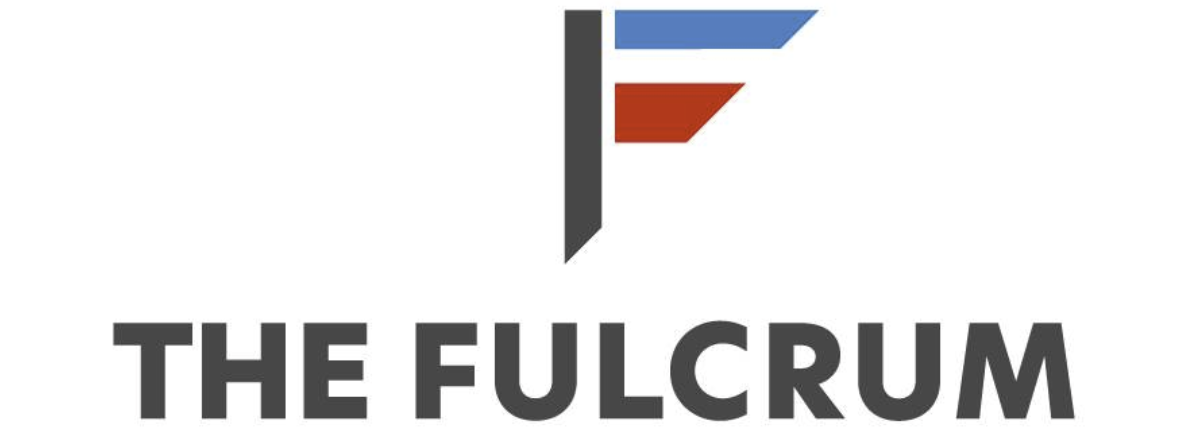WASHINGTON– Seventy years after Russell Kirk published “The Conservative Mind,” the center named after him revealed plans to develop a school to train conservative thinkers for the future.
The Russell Kirk Center for Cultural Renewal announced The School of Conservative Studies at a Dec. 5 event in Washington, D.C., that was headlined by former Vice President Mike Pence. Pence lauded Kirk as “the intellectual father of the American conservative movement [and] the author of a book we celebrate 70 years now that literally changed the course, not of a movement, but of a country.”
Written in 1953, Kirk’s opus helped fuel the modern conservative movement for decades. The philosophical text promoted ideas like societal order and traditionalism by highlighting prominent conservative thinkers like poet T.S. Eliot and 18th century Irish statesman Edmund Burke.
The book’s 70th anniversary comes as the GOP wrestles with evolving party dynamics. While former President Donald Trump dominates the party, some influential Republicans say he is not a conservative. A recent study by the Associated Press found that just 9 percent of Republicans feel that they can speak openly about their views on college campuses.
One speaker praised Pence’s actions on Jan. 6, 2021, when he rejected Trump’s calls for Pence to declare that the defeated president had actually won the 2020 election.
“Mike Pence will be validated and honored across the political spectrum for the courage that he’s shown on that day,” said John Wood Jr., a national ambassador for Braver Angels, a crosspartisan group focused on depolarization. “You just may not be able to see it in the passions of the moment, but we feel that vindication rising.”
Wood’s comments came the day before 10 Wisconsin Republicans who supported Trump’s false election-win claims in 2020 agreed to acknowledge President Joe Biden’s legitimate election. They agreed to not serve as presidential electors in 2024.
Despite Trump’s dominance in the battle for the 2024 Republican presidential nomination, no one mentioned his name throughout the event.
Representatives of the Kirk Center did not respond to requests for interviews to explain whether their new school (slated to open in 2025) was designed to offer an alternative to the MAGA-dominated Republican Party. However, the center’s director made it clear that he believes the conservative movement needs an intellectual revival.

